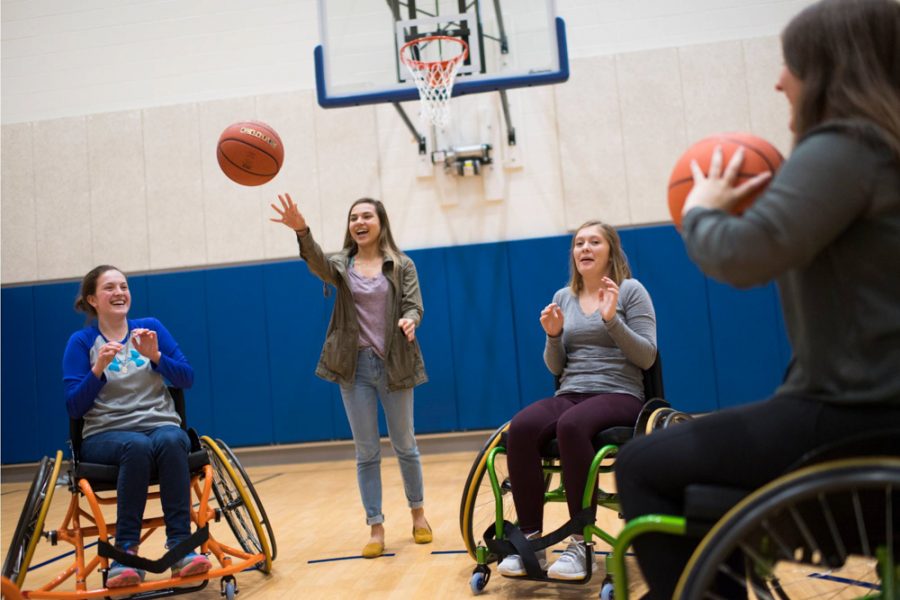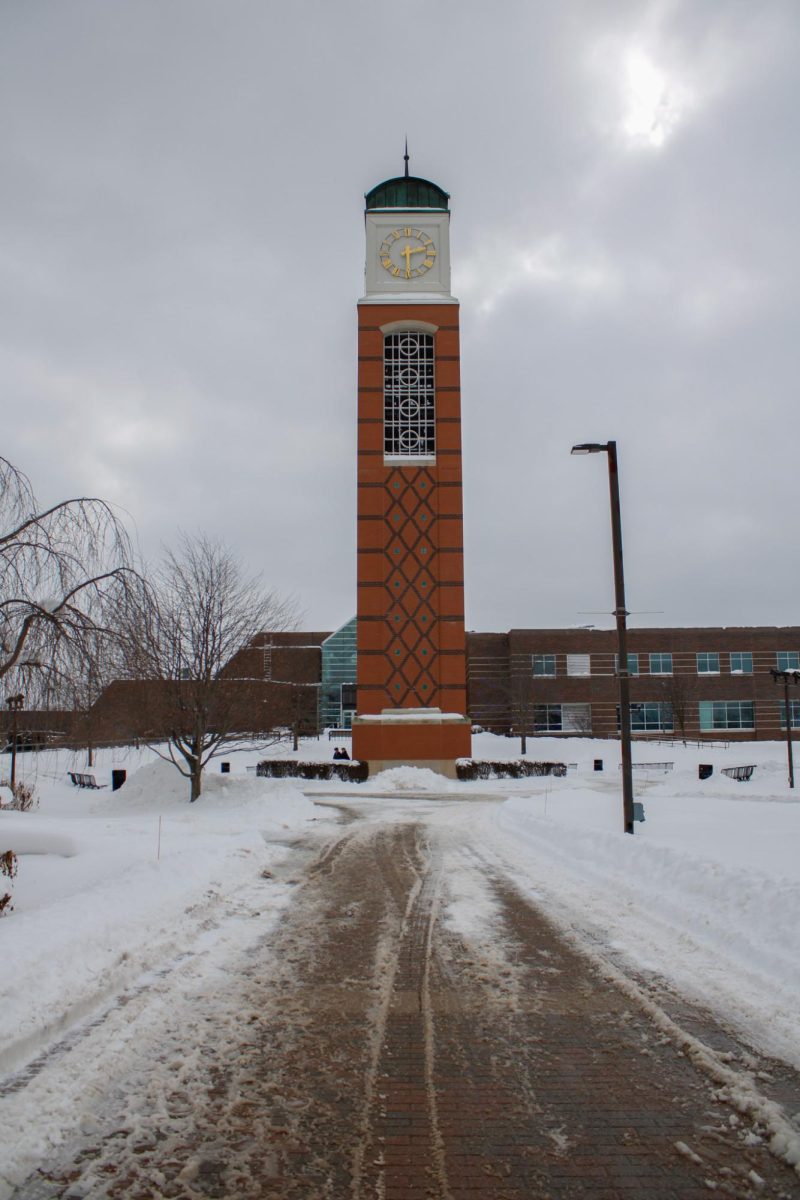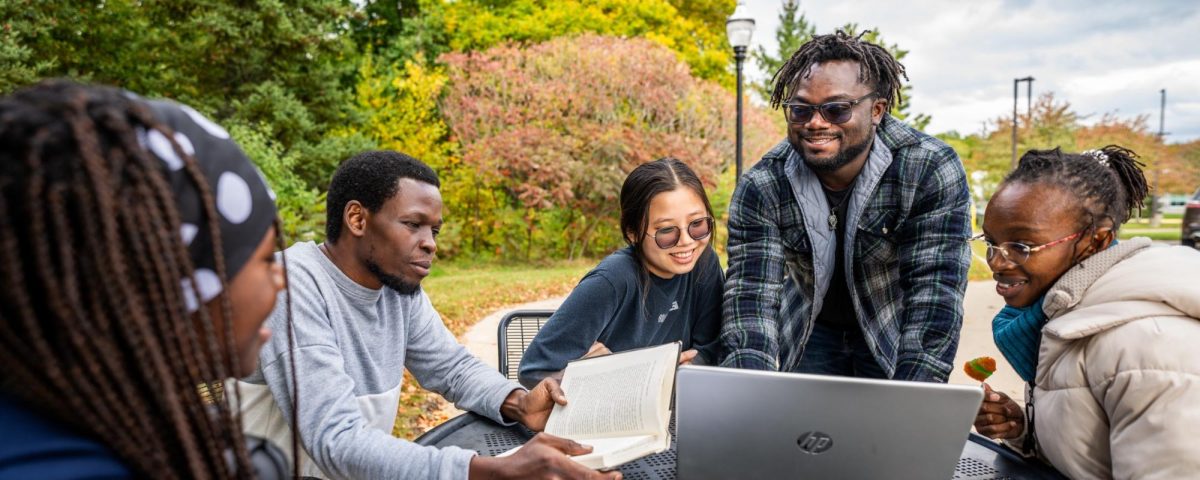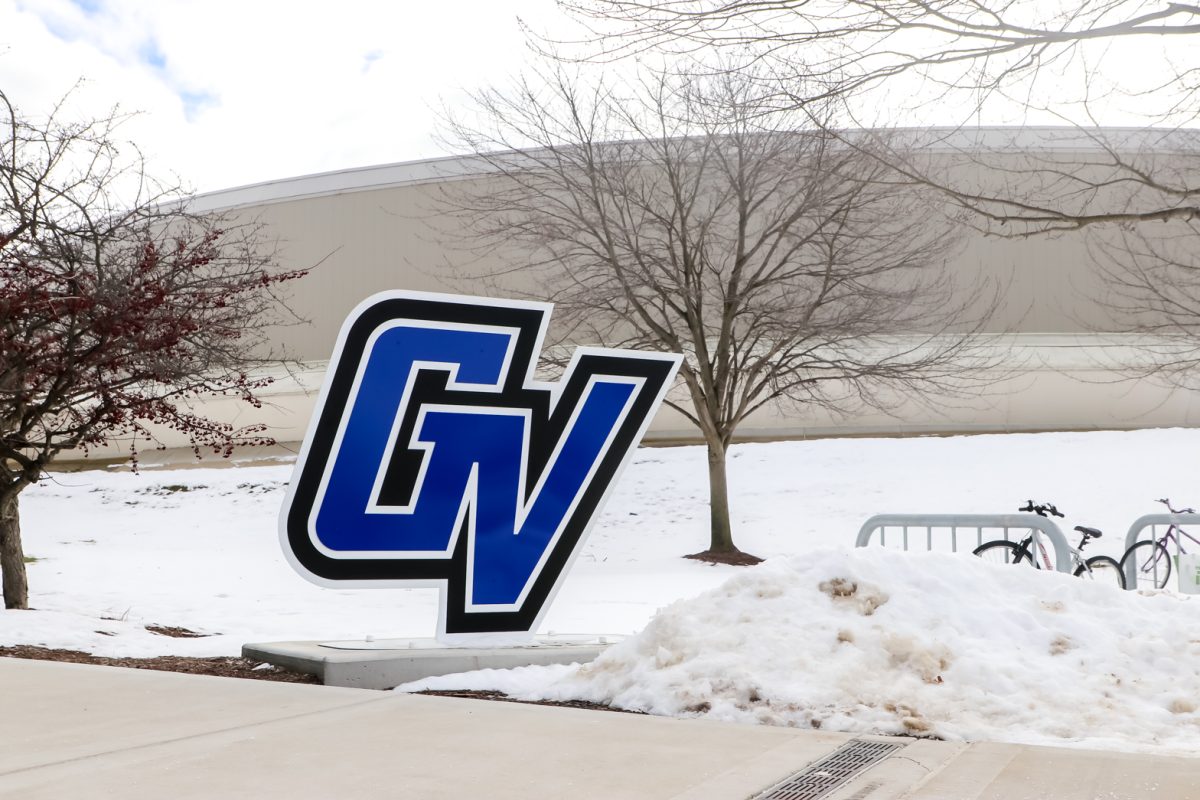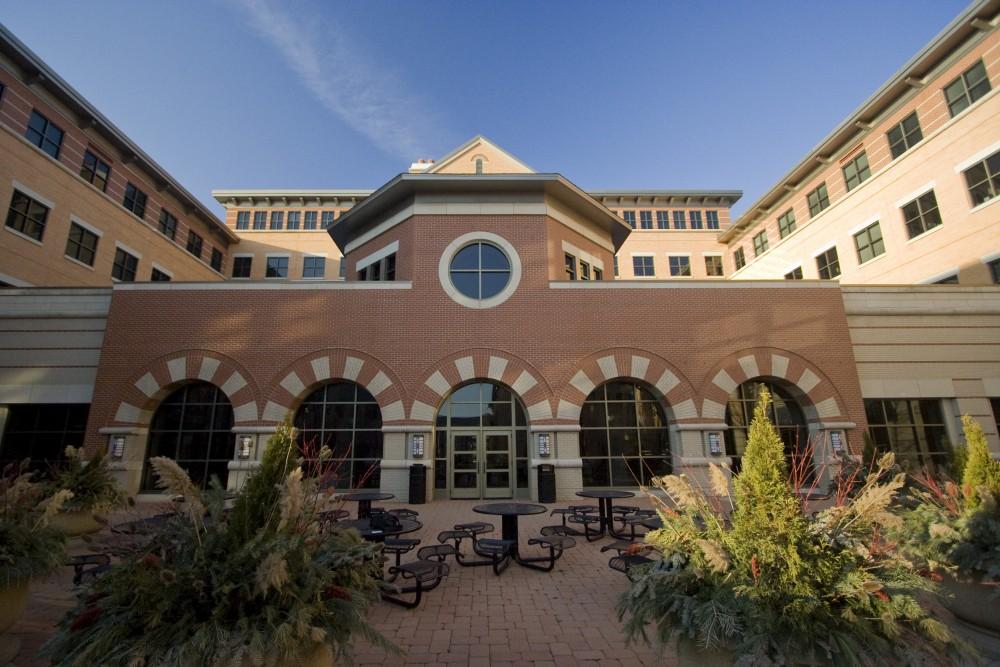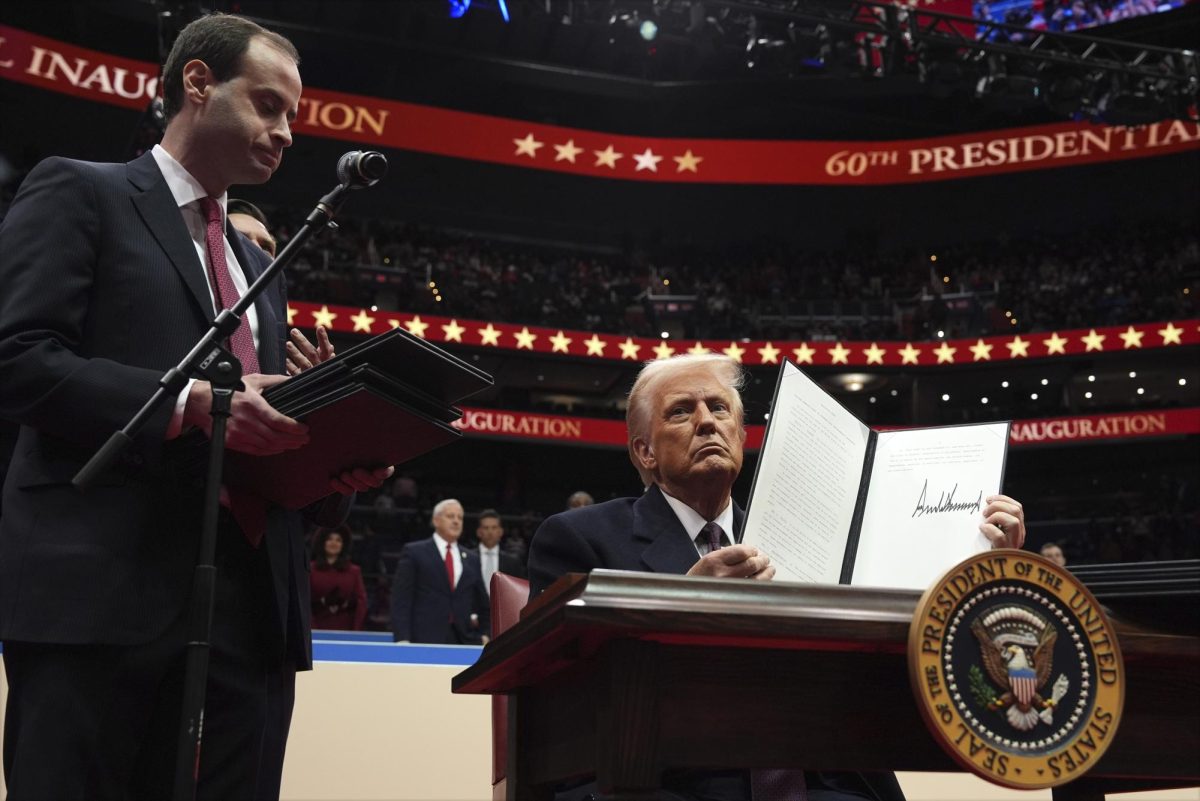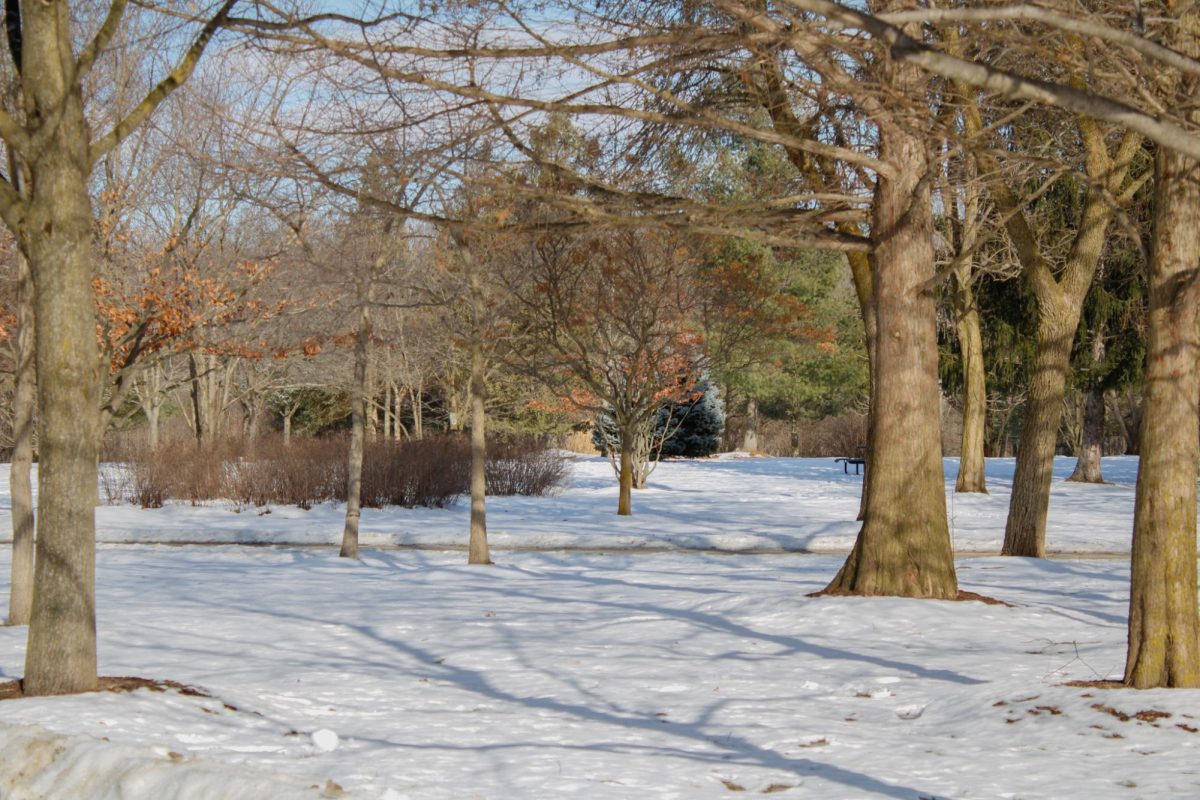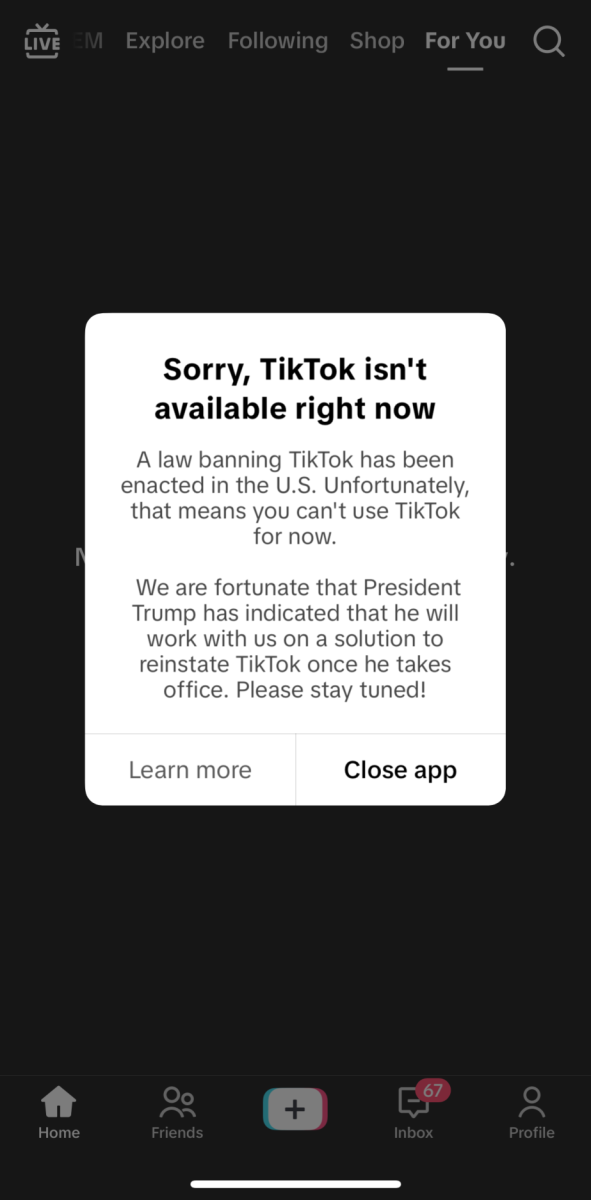Thanksgiving might seem like a serene and timeless American holiday, but its history is anything but static. Over the years, the holiday’s historical relevance and associated customs have drastically changed, and are even celebrated in cultures outside of the United States. Although Thanksgiving may have a turbulent history, many have redefined the holiday to center gratitude and giving. Members of Grand Valley State University’s Native American Student Association (NASA) have also emphasized ways to engage with the holiday in a way that celebrates gratitude, and still acknowledges the historical tragedy and modern-day discrimination of Indigenous peoples.
U.S. President Abraham Lincoln first declared Thanksgiving a national holiday on Oct. 3, 1863. Since then, the holiday has undergone many changes due to shifting social perspectives and a re-examination of historical events. Thanksgiving was inspired by the 1621 harvest feast shared by the Wampanoag people and Puritan settlers, called Pilgrims. The story of the first Thanksgiving has been mythologized over time, painting a portrait of prosperity and peace; however, the actual history of Thanksgiving is rooted in colonization, conflict and warfare. While many still celebrate Thanksgiving, its violent past and modern implications are slowly being recognized.
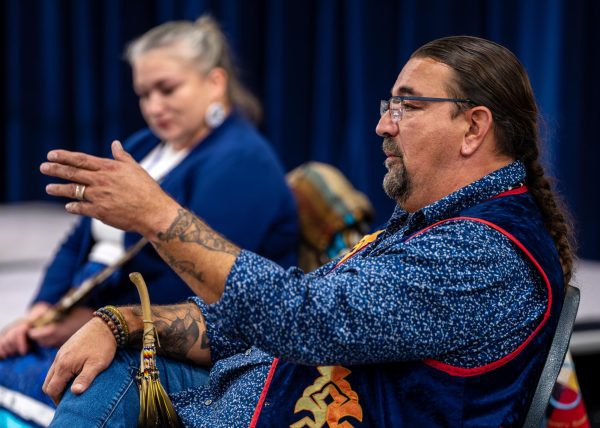
At GVSU, NASA helps spread cultural awareness of Indigenous issues through events and workshops. Four members of NASA, Nizhóni Church, Reilly McKay, Simon Baker and Cody Garrison, each belong to a different Native American tribe, including, but not limited to, the Anishinaabe, Navajo, Senoi and Odawa.
All four members agreed that while Thanksgiving should continue to be observed, there are ways in which the holiday should be reformed.
“(Thanksgiving) should be more focused on being thankful for things like your family, and less associated with the historical context,” Garrison said.
Although there are several ways in which Thanksgiving celebrations could be improved, members of NASA agree the holiday still has many positive attributes. Baker said Thanksgiving is unique in that it is one of the few holidays celebrated by people of various religions and cultures, which fosters a sense of national unity. Garrison, McKay and Church said gratitude holds significant importance in Native American culture, making a holiday that emphasizes this value meaningful to them.
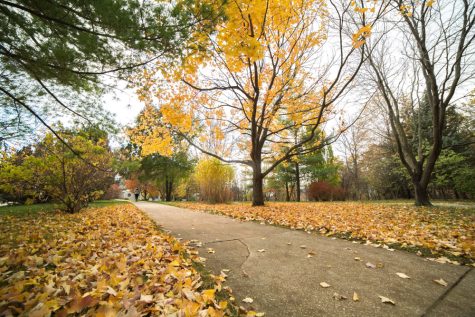
“For the Indigenous peoples, we are grateful every day,” Church said. “Every day is Thanksgiving.”
Members of NASA also said that when Thanksgiving is taught in schools, educators shouldn’t only focus on the positive aspects of its history. McKay and Garrison said the Thanksgiving story told to children often portrays settlers and Native Americans as “BFFs,” despite the fact that history tells a very different story.
“(Elementary Thanksgiving stories) sweep the (holiday’s) history under the rug,” Garrison said.
Native Hope, a human rights organization in Michigan, emphasizes that Thanksgiving often overshadows November as Native American Heritage Month. This isn’t even the only instance of an Indigenous holiday being pushed aside, as Black Friday falls on the same day as Native American Heritage Day. For many Native American individuals, Thanksgiving is a day of mourning for those who lost their lives to genocide, as well as a time to protest the modern oppression of Native people.
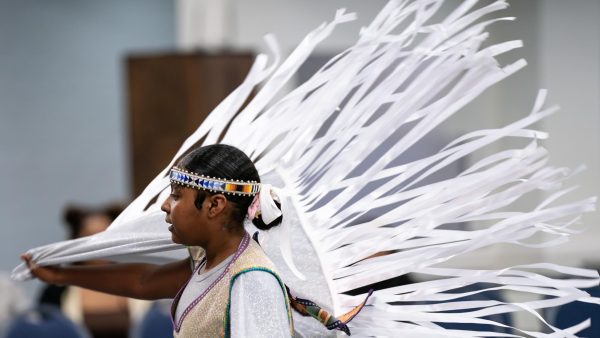
Over time, the holiday’s modern evolution has altered factors associated with celebrating Thanksgiving. According to USA Today, women used to be the sole cooks of Thanksgiving dinner. In more recent years, the task has been more evenly distributed between genders. Around 2008, there was a social shift in which people began to expand Thanksgiving outside of family, creating “Friendsgiving.” Thanksgiving’s religious origin has also lessened as time has gone on, and it is celebrated by those of varying faiths, including atheists.
Although it may be hard to imagine Thanksgiving without a few staple foods, the holiday menu has also undergone many changes since its inception. The first Thanksgiving feast is historically believed to have consisted of fowl, venison, cod, bass and corn. As Thanksgiving recipes began to circulate in magazines and cookbooks, foods like turkey, dressing, potatoes and cranberry sauce became holiday traditions. As versions of the holiday spread to other parts of the world, such as Canada, Liberia and China, the menu continues to evolve.
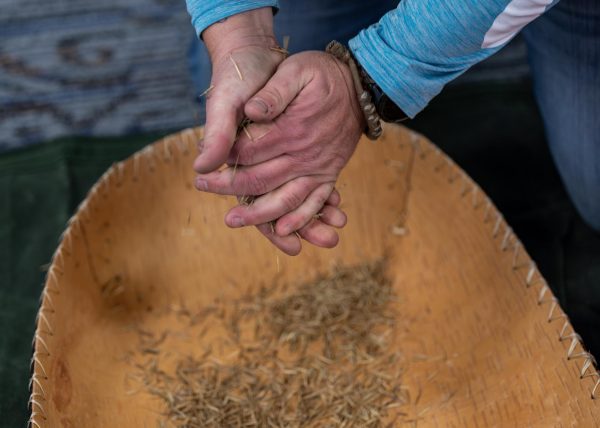
Thanksgiving is slowly becoming more inclusive, but the holiday is still far from perfect. The tragic history of the holiday is well-known, but often is still ignored or overshadowed. However, many individuals have redefined the holiday through acknowledging its grim origins, and emphasizing themes of progress, family and gratitude.
“The little things in the celebration of (Thanksgiving, such as) getting together with family, celebrating gratitude (and) being thankful for life (are good),” Church said. “It should definitely keep going, (but) with more education behind it.”






